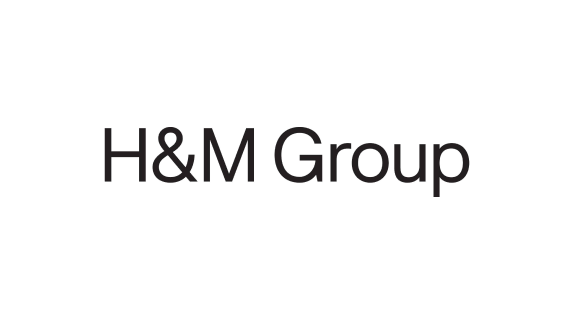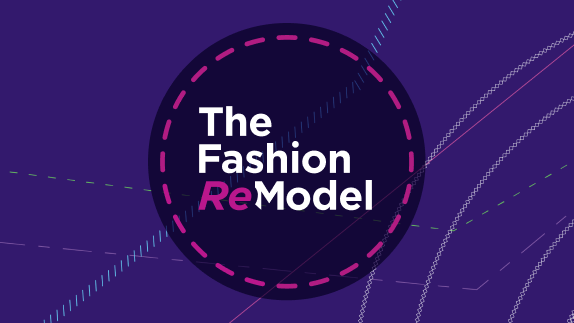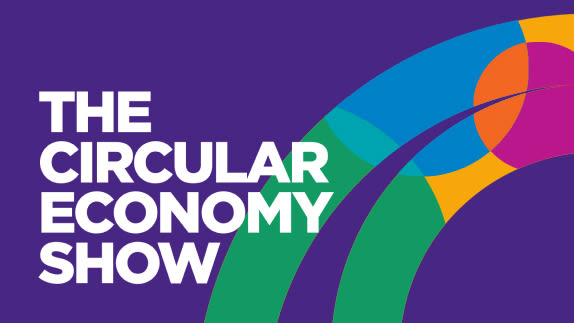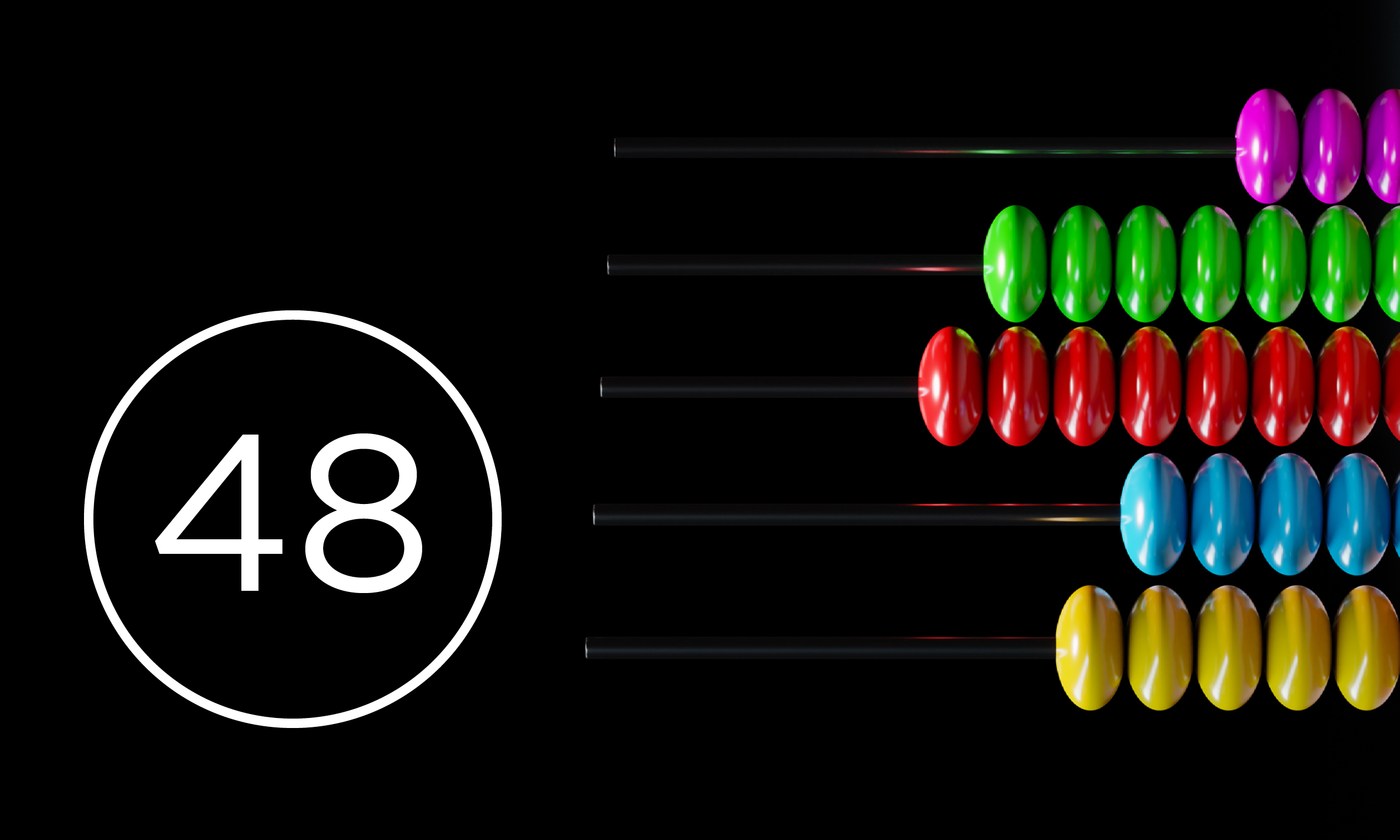
Membership status: Partner
H&M Group was founded in Sweden in 1947 and is now the world’s second-largest fashion company. As well as H&M, the group’s brands include ARKET, Cheap Monday, COS, H&M Home, Monki, & Other Stories, and Weekday.
As of 2024, H&M Group has more than 4,200 stores in 77 markets, with online shopping available in 60 countries. The group directly employs more than 100,000 people.
H&M Group joined the Ellen MacArthur Foundation’s Network in 2015. In 2016, the group announced its ambition to become a circular business and achieve net zero by 2040. The group was among the first participants in both The Jeans Redesign and The Fashion ReModel.
The group is transitioning to a circular ecosystem for its products, supply chains, and customer journeys. This ecosystem will transform how it designs and creates products and systems, works with suppliers and partners, and interacts with customers. It is built on the Ellen MacArthur Foundation’s vision for a circular economy where design eliminates waste and pollution, circulates products and materials, and regenerates nature:
Circular products: Creating products that are made to last from safe, recycled, and more sustainably sourced materials (that are either naturally grown, cultivated or created using renewable processes) that can recirculate multiple times.
Circular supply chains: Creating systems that recirculate products and support circular production processes and material flows.
Circular customer journeys: Providing accessible ways to experience and engage in circular fashion where products are used more, repaired, reused, and recycled.





